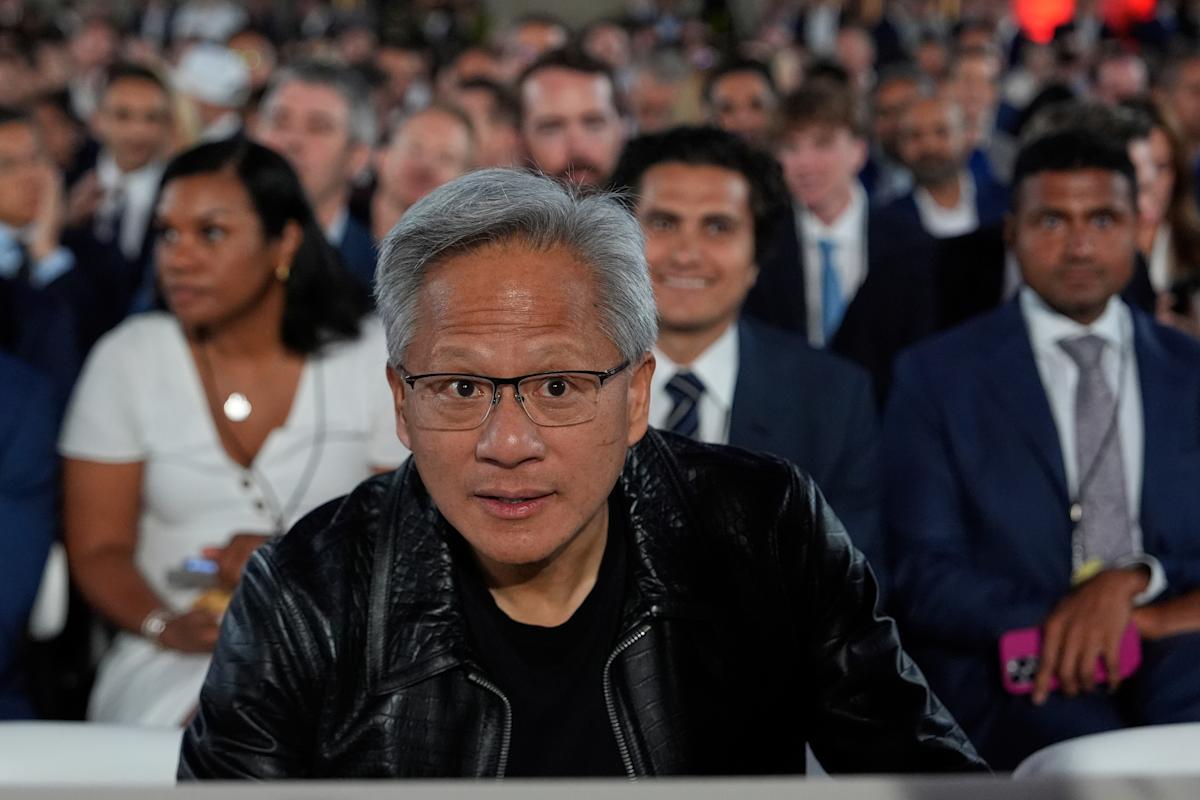
Meta Description: Nvidia CEO discusses B30A chip for China as geopolitical tensions reshape AI hardware exports and the AI infrastructure backbone.
The world most valuable chip company is navigating complex geopolitics as Nvidia CEO Jensen Huang confirmed talks with the Trump administration about a China specific AI data center chip, reportedly called B30A. The announcement comes after reports that Nvidia paused production of its H20 chips for China amid mounting regulatory pressure and new China export controls.
The semiconductor sector sits at the center of the US China tech rivalry. Nvidia, a dominant force in AI chips and the AI infrastructure backbone, has been adapting product designs to comply with export rules while trying to preserve access to China, a market that previously accounted for roughly 20 to 25 percent of company revenue.
To address compliance challenges, Nvidia previously shipped modified GPUs such as the H20, a less powerful variant meant for China. The proposed B30A is described by company leadership as the next version intended for AI data centers, part of a broader strategy to balance commercial access with national security objectives.
This potential B30A pathway could set new precedents for technology export controls. Instead of blanket bans, policymakers may pursue calibrated access for less advanced products while restricting state of the art capabilities. That approach would reshape how companies plan product road maps, supply chain operations and government relations.
For the broader ecosystem, the situation heightens geopolitical risks in semiconductor supply and could accelerate a fragmented global AI ecosystem. Firms may need to design compliance into product development, plan for AI data center supply chain disruptions and strengthen partnerships with foundries such as TSMC.
The B30A proposal is more than a product decision. It is a test case for how governments and firms will manage commercial access to AI technology under geopolitical pressure. Whether it becomes a model for managed competition or signals deeper fragmentation of global technology markets, the development will influence supply chain strategies and the future of semiconductor news coverage.
Reported developments are evolving. Companies and policymakers will likely continue to refine approaches to AI chip exports, data center technology and international cooperation.



